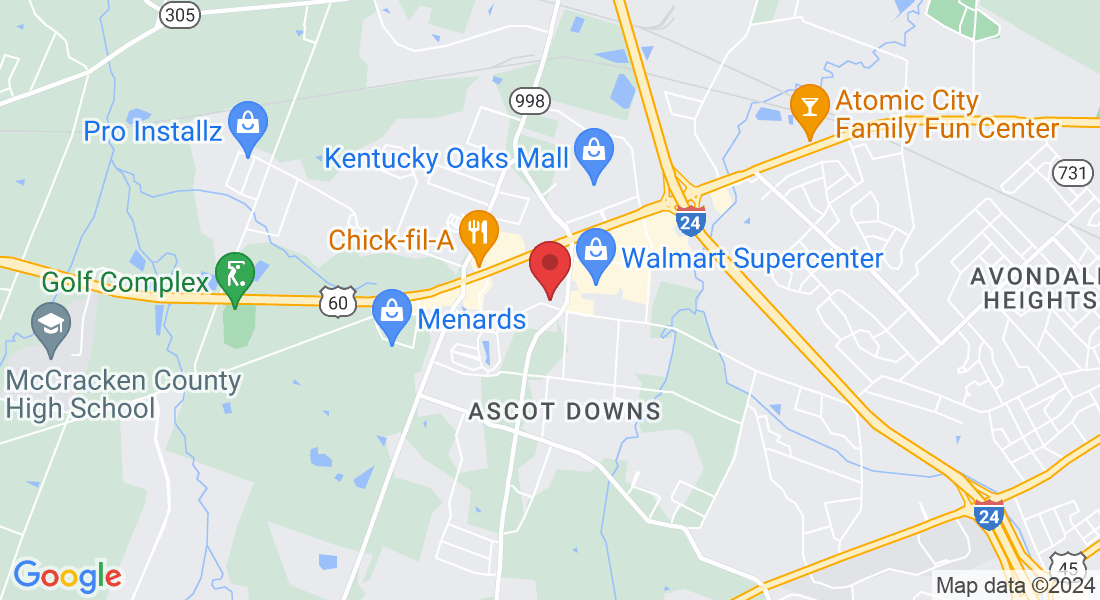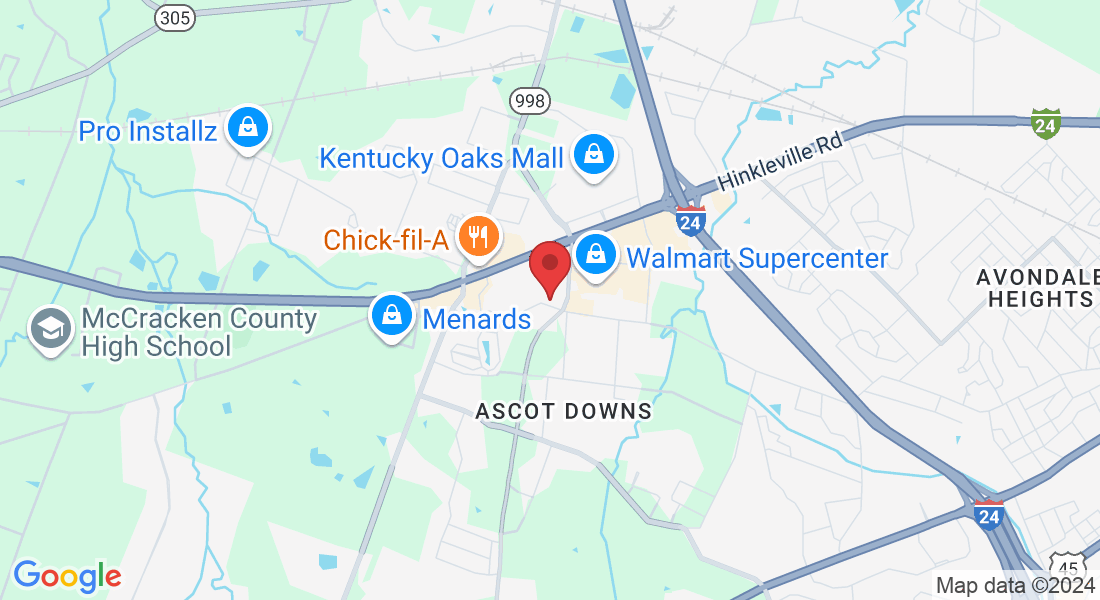SIGNS THAT YOU HAVE A CAVITY
SIGNS THAT YOU HAVE A CAVITY
Signs That You Have a Cavity
Maintaining good oral health is vital for your well-being. However, dental problems like cavities can still occur even with regular brushing and flossing. Cavities or dental caries are areas of tooth decay. They result from the interaction of bacteria, food particles, and acids in the mouth. Exploring the signs indicating the presence of a cavity is vital for timely dental care.
Tooth Sensitivity
Tooth sensitivity occurs when you experience pain or discomfort in your teeth while consuming hot, cold, or sweet foods and drinks. It could indicate tooth decay. The sensitivity occurs because the tooth's protective enamel layer has been eroded, exposing the nerves within the tooth.
The nerves of your tooth become more susceptible to external stimuli if you have a cavity. As a result, you may experience sensitivity. You may feel a sharp or shooting pain that quickly subsides after removing the stimulus. Pay attention to tooth sensitivity, as it can worsen if the cavity remains untreated.
Toothache
As a cavity progresses, you may start experiencing persistent toothaches. The pain can vary in intensity from mild to severe throbbing. It may intensify when you chew or apply pressure to the affected tooth.
A toothache indicates that the cavity has reached a more advanced stage. Ignoring it can lead to further damage, including the risk of infection. Seek dental care promptly for a thorough examination and prompt treatment.
Visible Pits or Holes
A cavity can develop a hole or pit in the surface of the affected tooth once it develops. Your dentist can observe these visible signs of decay during a dental examination. They may appear brown, black, or white, depending on the stage and location of the cavity.
Initially, the holes may be small and difficult to detect without professional dental instruments. But as the cavity progresses, the cavity can enlarge, compromising the tooth's structural integrity.
Regular dental checkups are crucial. Your dentist will discuss appropriate treatment options based on the extent of the decay if they identify visible holes or pits in your teeth. Treatment may involve dental fillings or dental crowns. Root canal therapy may be necessary in severe cases.
Tooth Discoloration
Cavities can cause noticeable changes in the color of your teeth. You may observe black, brown, or white spots on the affected tooth's surface, indicating tooth decay. Discoloration occurs as the bacteria and acid weaken the tooth structure, leading to mineral loss and discoloration. White spots on the teeth are usually an early sign of demineralization and enamel erosion.
These white spots can progress to brown or black spots, indicating more extensive decay if untreated. Tooth discoloration caused by cavities is often localized. It affects specific areas of the tooth's surface. Regular dental examinations can help identify such discoloration early, allowing for conservative treatment options like dental fillings.
Food Lodging in Teeth
You may have cavities if you frequently find food particles stuck in your teeth. As the decay progresses, the tooth structure weakens, creating spaces and gaps where food can become trapped. These trapped particles can contribute to bacterial growth and further tooth decay.
Gum Sensitivity and Swelling
Cavities that reach the tooth's inner layers can affect the surrounding gum tissues. Advanced tooth decay may cause tenderness, swelling, or bleeding gums. These symptoms are accompanied by tooth pain and require immediate dental attention to prevent further complications.
Bad Breath
Persistent bad breath can be due to a cavity. The decayed tooth provides an ideal environment for bacteria to thrive. This leads to the release of foul-smelling gases. You can maintain fresh breath through regular brushing, flossing, and professional dental cleanings. However, combat bad breath by treating the dental cavity.
For more information on cavities, visit Woodyard Dental Care at our office in Paducah, Kentucky. Call (270) 408-1321 to book an appointment today.
WHY PEOPLE LOVE WOODYARD DENTAL CARE
Absolutely wonderful experience. Dr. Woodyard explains everything very well and is a true professional. The whole staff is very accommodating and caring.
Jay S
Dr. Woodyard has been my general dentist for more than 10 years and he’s always been so concerned and professional. He is up to date on all the newest innovative treatments. He has done several crowns for me and I was able to get it all done in one day since they were made with the latest technology in house by Dr. Woodyard. I would highly recommend him for all dental needs.
Melissa W
Best dentist I've been to! Very professional operation in all respects. Love that Dr. Woodyard does the majority of usual procedures right in house -- including crowns and root canals. Getting a crown in one visit is truly amazing. Mary is a wonderful hygienist with a solid knowledge of her area of expertise. You won't be disappointed!
Dan J
Voted Best Family and Cosmetic Dentist Near Me In Paducah, Ky!
HOURS
Monday: Closed
Tuesday: 8:00 AM - 5:00 PM
Wednesday: 8:00 AM - 5:00 PM
Thursday: 8:00 AM - 5:00 PM
Friday: 7:30 AM - 4:00 PM
Sat & Sun: Closed
Note: We are closed for lunch from 1 - 2 Tue, Wed, & Thurs
12:30 - 1:00 Friday
Follow Us On Social
Best Cosmetic and Family Dentist in Paducah Ky
Woodyard Dental Care LLC © 2024 . Privacy Policy
Website Powered And Hosted By OMADA Marketing
HOURS
Monday: Closed
Tuesday: 8:00 AM - 5:00 PM
Wednesday: 8:00 AM - 5:00 PM
Thursday: 8:00 AM - 5:00 PM
Friday: 7:30 AM - 4:00 PM
Sat & Sun: Closed
Note: We are closed for lunch from
1 - 2 Tue, Wed, & Thurs.
12:30 - 1:00 Friday
Follow Us On Social
Best Cosmetic and Family Dentist in Paducah Ky
© 2024 Woodyard Dental Care LLC licensed dentist in Paducah Ky 42003
Website Powered And Hosted By OMADA Marketing







